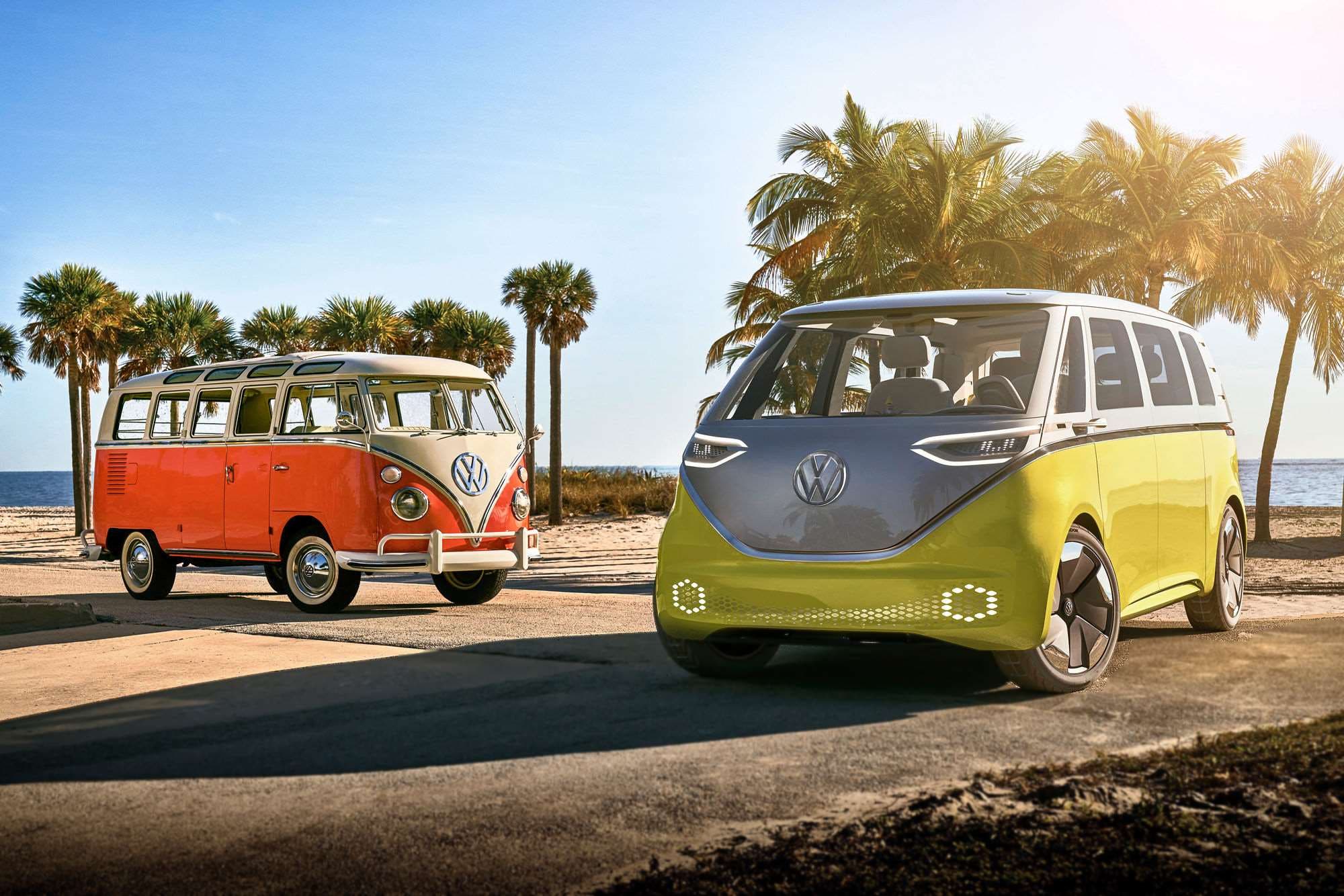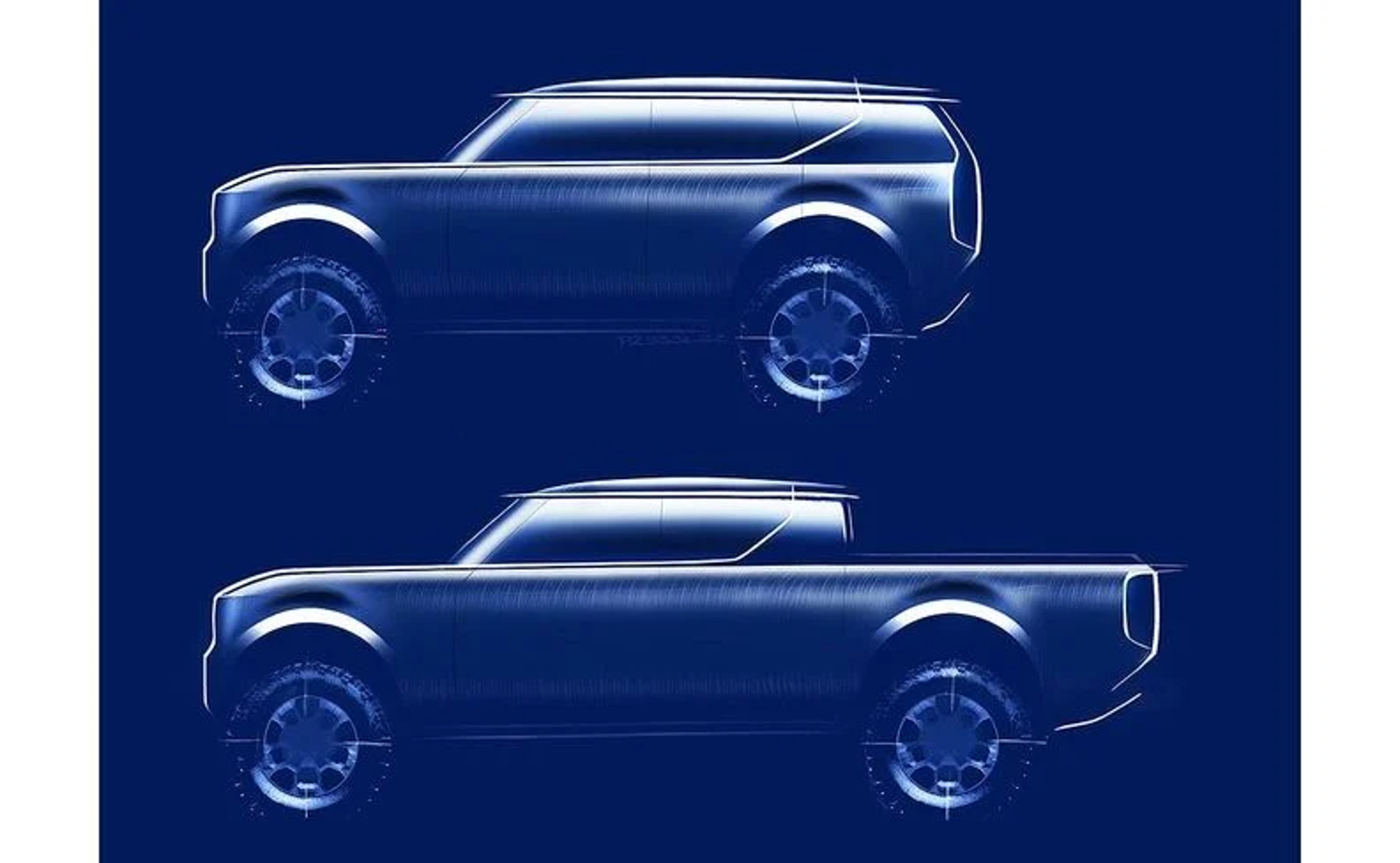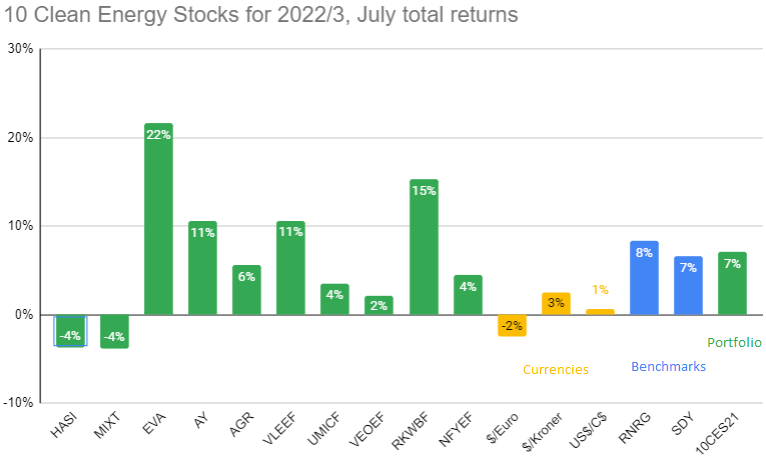Sign up for daily news updates from CleanTechnica on email. Or follow us on Google News!
After the Dieselgate scandal in 2015, Volkswagen abruptly ended its love affair with diesel-powered cars and pivoted to manufacturing electric vehicles instead. It had little choice. After it was revealed that Volkswagen and other German car companies had hired a lab in the US to put a monkey in a Plexiglas box and pumped in exhaust fumes from a Ford diesel pickup truck to “prove” that breathing diesel exhaust was good for people, the company’s reputation reached an all-time low. But when it announced an all-out effort to reposition itself as an electric car company, most members of the public cheered it as a bold move, a harbinger of the day when cars with batteries would displace cars with infernal combustion engines.
There was great excitement when Volkswagen unveiled its MEB electric car platform and the first production model to use it, the ID.3. The start of production was a glitzy affair that attracted political leaders from all over Germany to Zwickau, including German Chancellor Angela Merkel. CleanTechnica was in the audience as well, thanks to the largesse of Volkswagen. The ID.3 was quickly followed by the ID.4 battery electric SUV, a car designed to win the hearts of those who would not consider a sedan, especially in the US.
Volkswagen backed up its EV plans for North America by building a dedicated production line at its factory in Chattanooga, Tennessee, to build the ID.4, but Germany’s Manager Magazin reported this week that sales of the ID.4 in America are more than 80% lower than expected. Volkswagen planned to produce 100,000 ID.4 SUVs annually in Chattanooga. However, in the first three quarters of this year, it has sold only 16,400 of the cars. To make matters worse, there have been repeated recalls due to technical defects. Recently, US authorities warned that the doors of the ID.4 could open while driving, a defect that affects all of the nearly 100,000 ID.4s sold in the US. It gets worse. Volkswagen is currently not allowed to sell the ID.4 in the United States until that issue is corrected. Ouch!
Management Changes At Volkswagen
As always happens in large corporations, when sales don’t meet expectations, management heads roll. Manager Magazin suggests that the current head of Volkswagen in North America, Pablo Di Si, will be pushed overboard soon. He seems to have been the primary cheerleader for expanding the Chattanooga factory to build the ID.4 in the US. He is seen as the person to blame for predicting 100,000 sales a year in America, a claim that is now a lead weight around his neck.
The lack of sales have also hurt the bottom line for Volkswagen of North America. Manager Magazin says earnings between now and the end of 2025 are expected to fall short by 1.3 billion euros. A deficit of 700 million euros alone is estimated to result from higher incentives designed to get sales of the ID.4 going again. In addition, the company now foresees a decrease of up to 900 million euros because of lower sales. (We know those two figures add up to 1.6 billion euros, not 1.3 billion, but we are not at liberty to adjust the numbers reported. In any event, it’s a boatload of money at a time when Volkswagen is also suffering from greatly reduced revenues in China.)
The problem is an unfavorable model mix, according to management in Wolfsburg, and so Di Si must be the sacrificial lamb. The rumors circulating around the home office suggest he could be replaced either by Stefan Mecha, who is currently the head of Volkswagen operations in China, or Škoda CEO Klaus Zellmer.
It Gets Worse

The travails of Volkswagen in America are about to get worse, apparently. The company is not seeing the excitement about the ID. Buzz translate into robust sales, which may be causing it to rethink bringing that car to North America. What a tragedy that would be! The ID. Buzz is the ultimate trendsetter. It is designed to recapture the allure of the original VW Microbus, the vehicle that came to be a symbol of personal freedom for an entire generation of Americans. The problem is the new model weighs three times as much as the original and costs 10 times more.

Then there is the new Scout brand, which Volkswagen introduced with great fanfare two years ago. The original Scout was one of the first 4-wheel-drive vehicles in America not built by Willys or Jeep. It was produced by International Harvester, which was originally a manufacturer of farm implements. The Scout had the styling and handling of a harvester, but it was rugged, reliable, and relentless in mud and snow — all characteristics that endeared it owners. Best of all, when necessary, you could open all the doors and wash the inside with a fire hose without affecting any of the mechanicals.
Volkswagen inherited the Scout brand when it purchased Navistar some years ago. Navistar had bought the rights to the International Harvester brand previously, and so those rights passed to Volkswagen as part of the Navistar purchase. They lay dormant for years before the electric vehicle movement got started. Then some bright minds in Wolfsburg got the idea to reposition the brand as an all-electric subsidiary. The plan was to make an electric SUV and pickup truck, very much like what Rivian offers its customers.
Volkswagen hopes the Scout division will help it appeal to American buyers once again. Although, how many Americans are actually familiar with Scout vehicles is open to debate, and truck buyers in the US are quite loyal to previously purchased brands. Scout plans to present its first two models — an SUV and a pickup truck — as early as next week. In theory, the truck is supposed to compete with the Ford F-150, Ram 1500, and Chevrolet Silverado. Although, the highly stylized initial renderings seem to hint as something a little smaller, perhaps the size of the Ford Maverick or Chevrolet Colorado.
Scout was supposed to be a purely electric brand, but according to Manager Magazin, Volkswagen is now considering offering plug-in hybrid versions as well. The market launch for the new brand was supposed to happen in 2026, but now reports are that it won’t appear until 2028 — if ever. Pablo Di Si is also being held responsible for pushing too hard for the Scout brand. Apparently, he did nothing right while the head of North American operations and must be sacrificed to preserve the reputations of the corporate executives back at headquarters who apparently had no idea he had gone so far off the rails.
Whether Di Si has a future with Volkswagen is unclear at this time. He was previously head of operations in South America before being tapped to run the North American division. Former North American head Scott Keough moved over to head the new Scout brand. What his status is remains unclear.
The Takeaway
Put all this together with news that Volkswagen is hemorrhaging money in China and talking about closing factories in Germany, for the first time in its history, and the outlook for the company is looking bleak and getting bleaker by the day. CARIAD, the company’s software division, is still a mess despite several efforts to get it back on track. The development of new electric car platforms keeps getting delayed among internal bickering between Porsche, Audi, and the parent company about what direction the company should go in to meet the challenges of manufacturing electric vehicles.
When Porsche first announced its Mission E — the concept that led directly to the Taycan — and Volkswagen was moving forward with its ID-branded models and Audi was bringing its own battery electric cars to market — it seemed Volkswagen had a firm grasp on the electric car future. Today, one wonders if the company can survive. It is generally agreed that some legacy automakers will not make the transition to the battery-powered future successfully. We never thought Volkswagen would be one of the companies that would get chewed up and spit out by the EV revolution, but now the signs are the company is taking on water and sinking fast.
Just before Dieselgate broke, Volkswagen Group had claimed the title of the largest automaker in the world, surpassing Toyota in the process. Almost a decade later, it is in deep trouble. Whether it will be around in 2030 is now an open question. Interesting times ahead in Wolfsburg.

Chip in a few dollars a month to help support independent cleantech coverage that helps to accelerate the cleantech revolution!
Have a tip for CleanTechnica? Want to advertise? Want to suggest a guest for our CleanTech Talk podcast? Contact us here.
CleanTechnica uses affiliate links. See our policy here.
CleanTechnica’s Comment Policy




